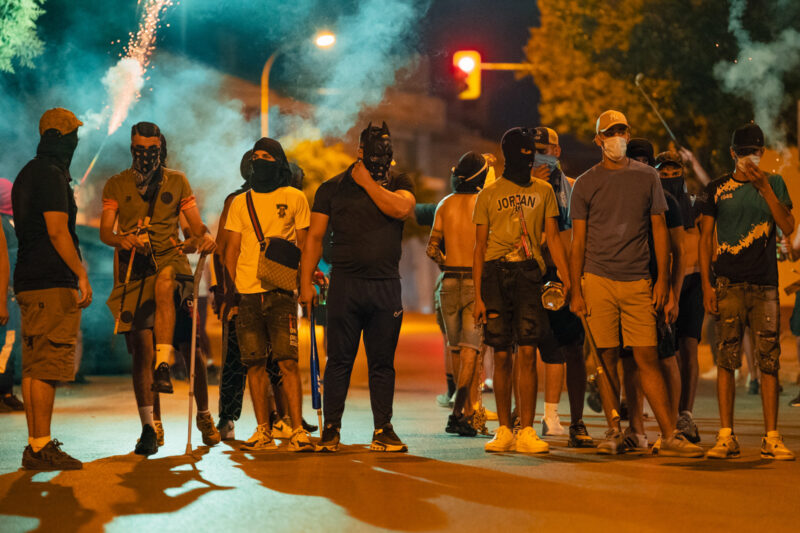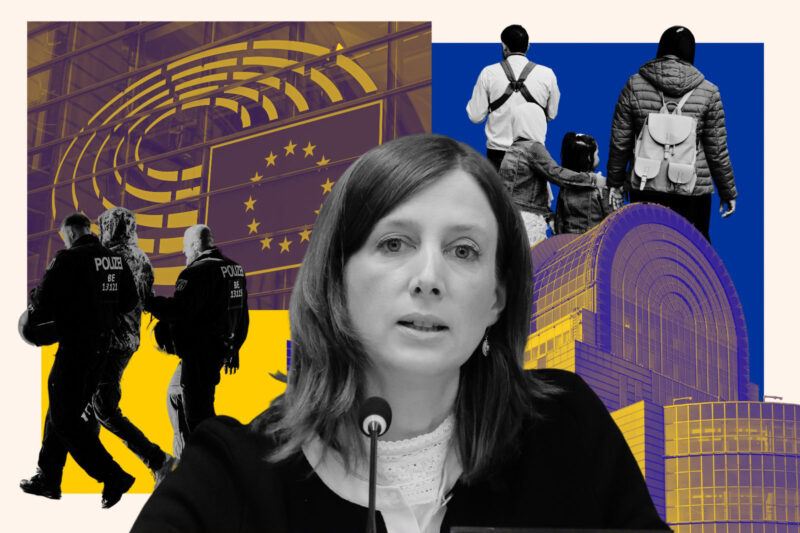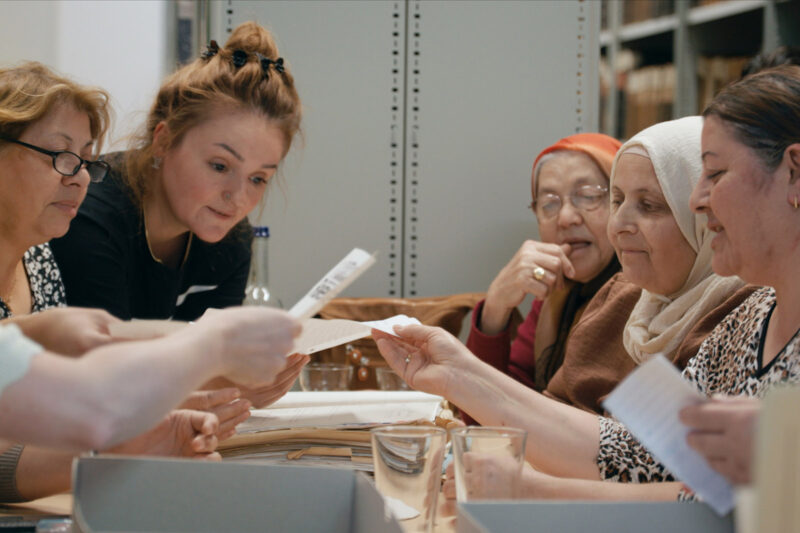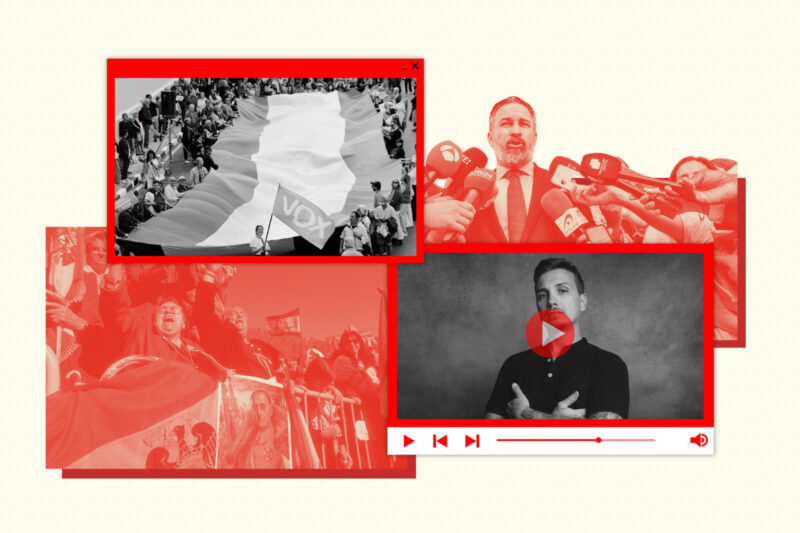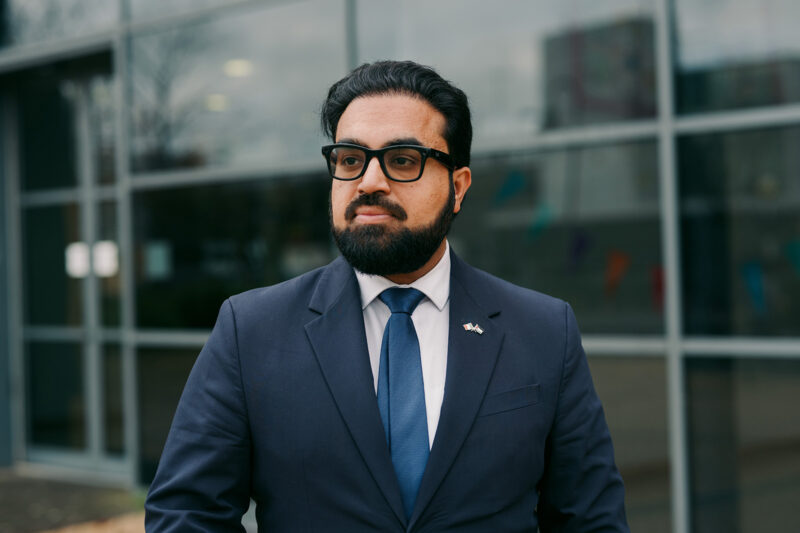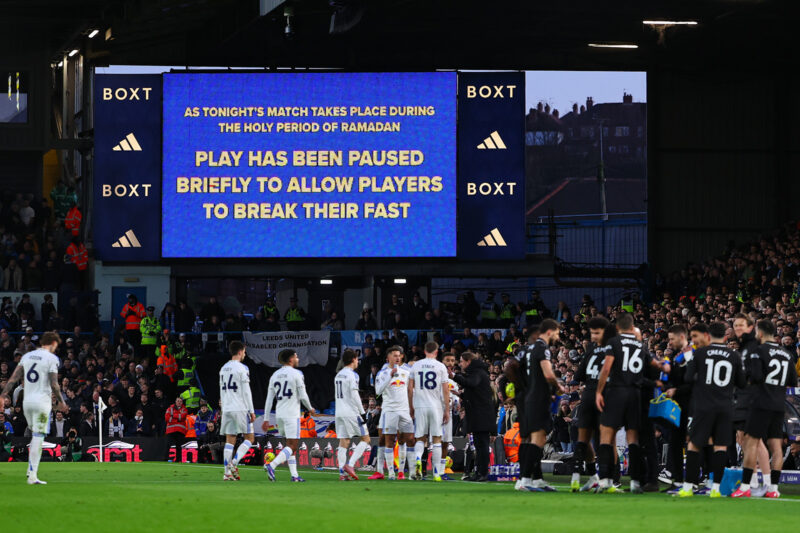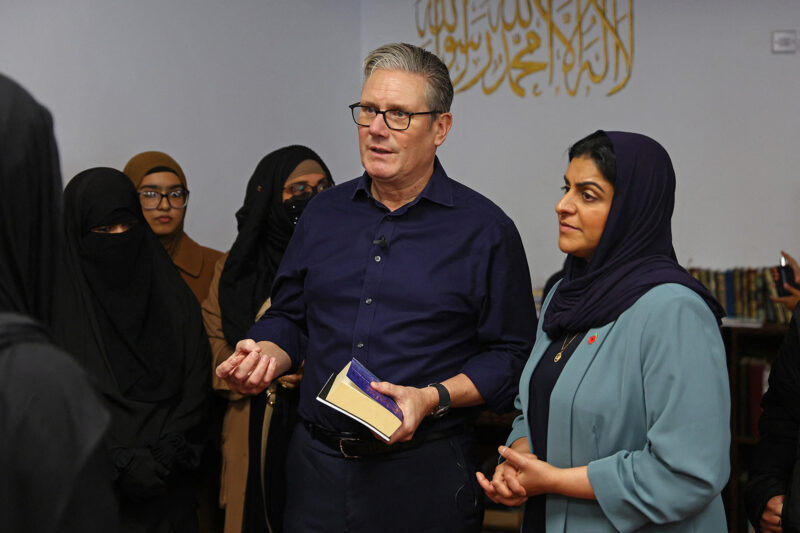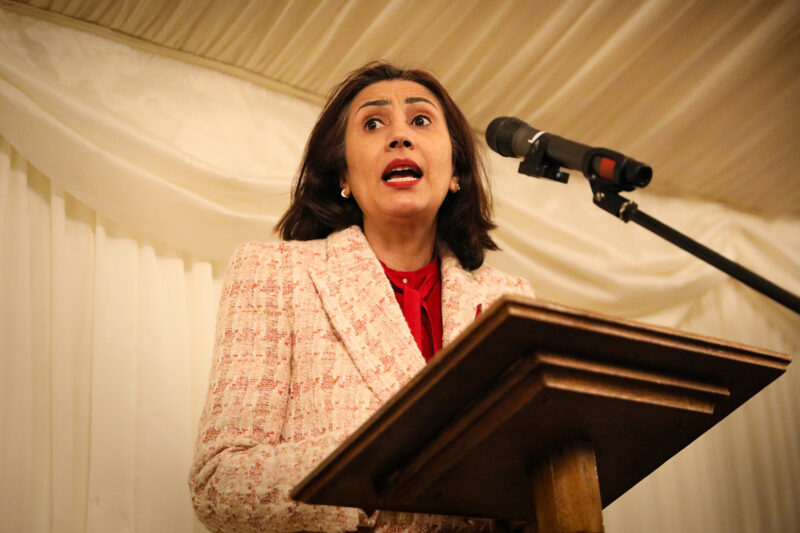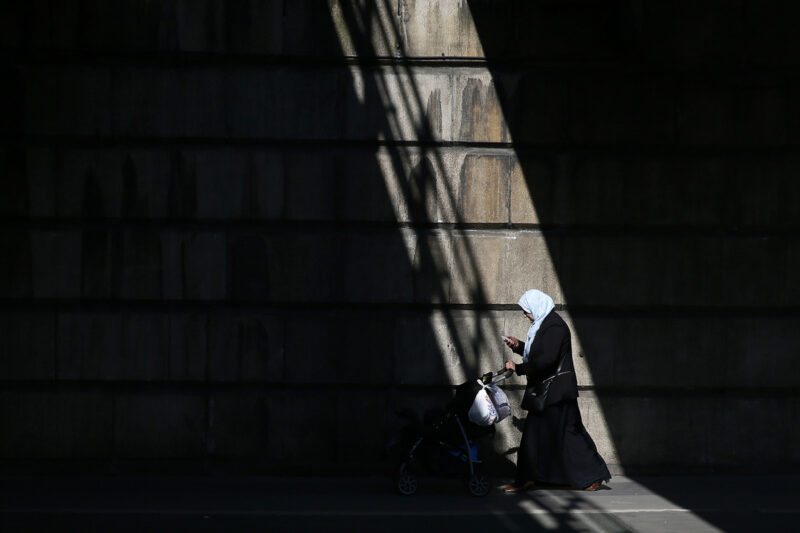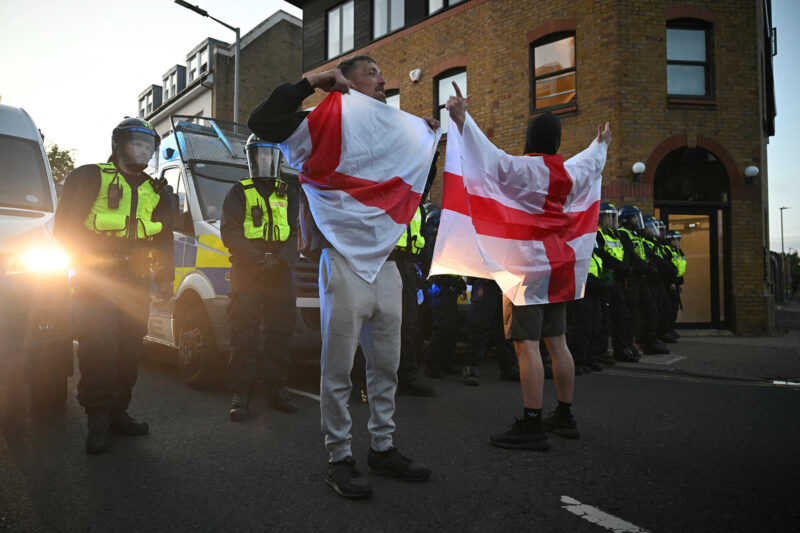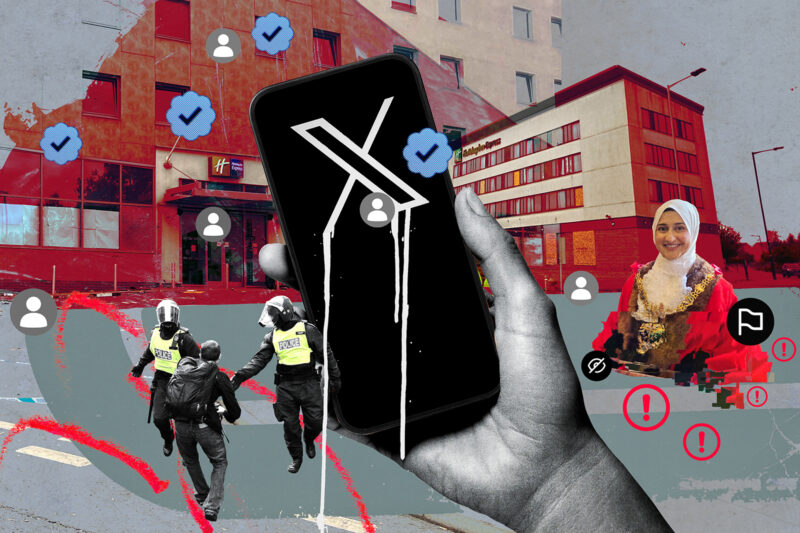The three Dutch women fighting back against rising Islamophobia
Meld Islamofobie’s co-founder reflects on a decade in which the far right has moved from the fringes to leading the Dutch coalition government
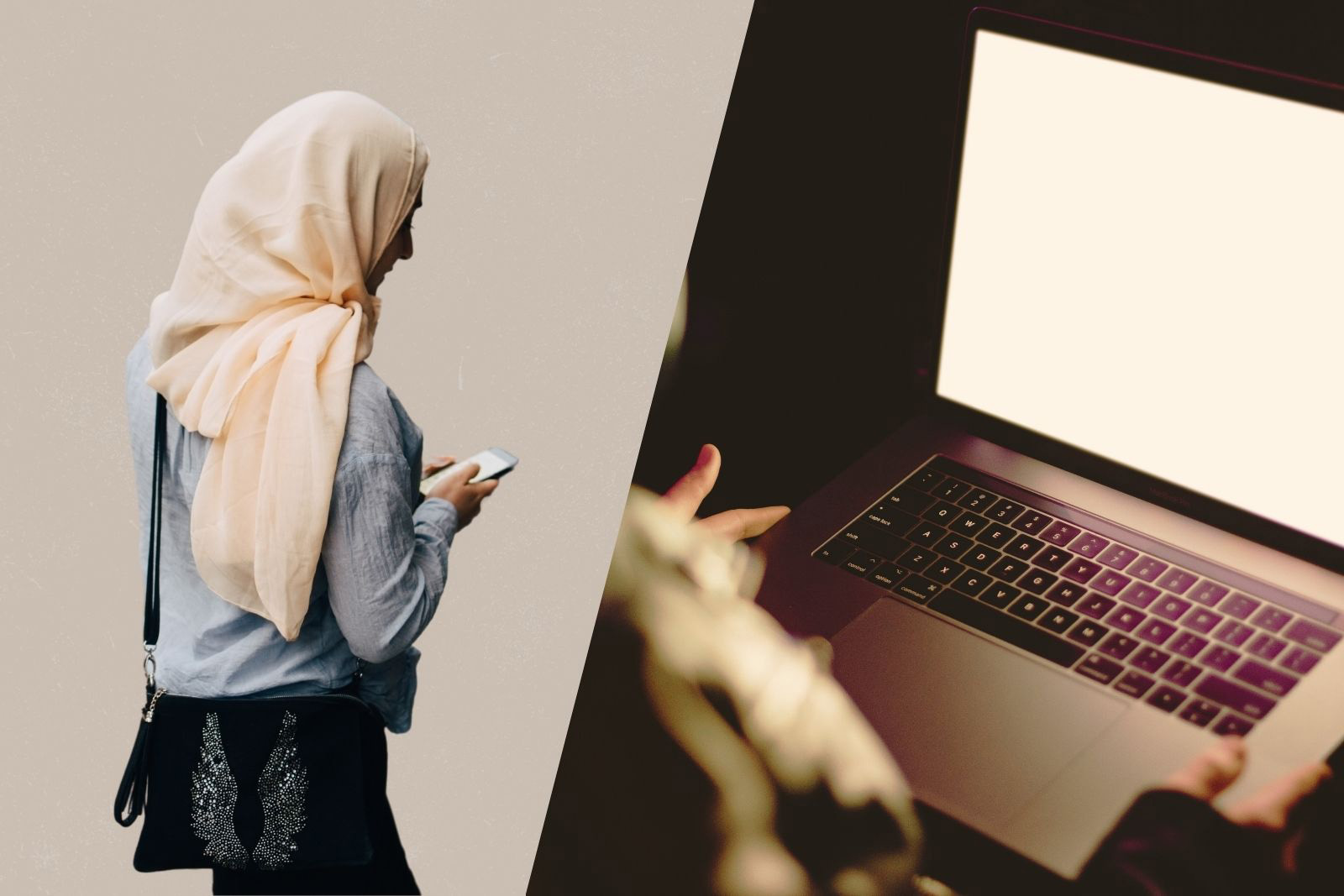
Samira Boubkari, co-founder of Meld Islamofobie — the Netherlands’ only dedicated organisation recording Islamophobia — shook her head as she relayed a call that had just come in. Last month, a young Dutch Muslim teacher went for a job interview. When the school called to tell her she hadn’t got the job, they explained they didn’t want to employ someone wearing a hijab. If the recently qualified teacher was shocked at such brazen disregard for Dutch religious discrimination laws, Boubkari was not.
Ever since the far-right Freedom party — whose leader Geert Wilders once proposed a ban on mosques and the Qur’an — gained influence in the Netherlands, the 44-year-old psychologist has been hearing more and more stories like this. “Ten years ago, this would not have happened so openly,” she said.
Meld Islamofobie, which is Dutch for “Report Islamophobia”, started life as a Facebook page created in the aftermath of the 2015 Charlie Hebdo attacks, which triggered a spike in anti-Muslim hate not just in France but across Europe. Boubkari and her two co-founders — sociologist Ibtissam Abaaziz and anthropologist Rahma Bavelaar — met through anti-racist activism and had all heard stories of Muslims, especially hijabi women, being spat at or called “terrorists” in public.
Their idea was to gather evidence of Islamophobic harassment to push authorities to take action. Dutch police only record Islamophobia under the broader offence of “religious discrimination”, but as Boubkari explained: “There is a racial element to Islamophobia, so religious discrimination doesn’t cover it.”
There was, however, also a more humanitarian impulse behind the Facebook page. “We wanted to create a safe space where people could receive acknowledgement that what they experienced was not OK,” Boubkari said.
The friends shared their page in several Facebook groups. Within a few days it had received 10,000 likes and was getting around a dozen posts a day.
Meld Islamofobie has grown but the basic setup remains the same. For nearly a decade, the trio have worked evenings and weekends around their day jobs, raising money from private donors and foundations and growing the group to its current headcount of eight volunteers. They registered Meld Islamofobie as a not-for-profit organisation in April 2016 and in 2019 published the first comprehensive report on Islamophobia in the Netherlands.
The study found that women wearing hijabs were the target of around 90% of street-based harassment. Around 58% occurred in broad daylight, when women had children with them. Most perpetrators were white men aged between 35 and 50. “If you have children with you then you feel particularly vulnerable, as you want to protect them,” Boubkari said.
Today, Meld Islamofobie works regularly with lawyers, groups that offer psychological support and a range of established anti-discrimination organisations such as national hotline Discriminatie.
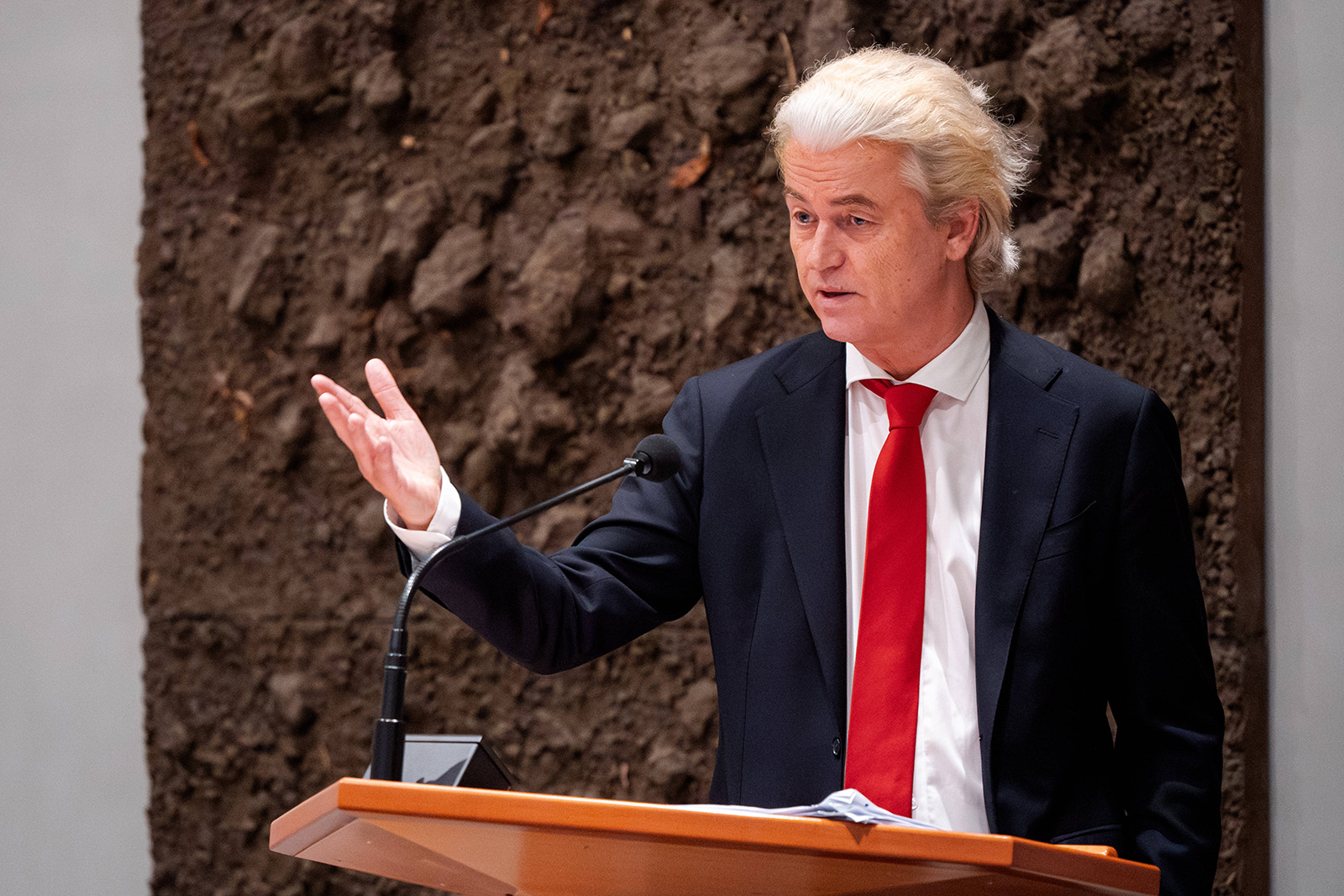
Sadly, as the organisation has grown, so has the problem. The Freedom party won the most seats in the Dutch general election last November and Boubkari says Islamophobia has been normalised “to the point where there’s very little pushback”. The far-right party now leads a four-way coalition government, which has promised to introduce the country’s “toughest ever” immigration laws. Meld Islamofobie’s next report, due to be released in January 2025, has found that 82% of Dutch Muslims believe Islamophobia is getting worse and 83% have felt less safe over the last year.
But Boubkari says government rhetoric and policies framing Muslims as a security threat have been fostering Islamophobia in the Netherlands for far longer — in 2021, for instance, it was revealed that Dutch politicians had ordered secret investigations into mosques. Meld Islamofobie has particularly noticed an increase in reports of open institutional discrimination, like that experienced by the young woman denied a teaching job. In these cases, trained volunteers advise on potential solutions, such as writing to an employer or trying mediation. In some instances, the organisation’s partner lawyers take on cases pro bono.
Samira Azabar, a post-doctoral researcher on the SPIRiT Project (short for “the socio-political impact of Islamic religiosity among Muslim citizens in Europe today”) at Radboud University in Nijmegen, believes gathering data on Islamophobic crime should be a priority across Europe.
“Governments look at Muslims as dangerous objects they need to control and investigate,” she said, explaining that most academic research relating to Muslim communities in Europe has focused on terrorism and radicalisation, while the scale and impact of Islamophobia has been largely ignored.
Along with a call to have Islamophobia officially recognised as its own category of crime, Meld Islamofobie is campaigning for policies that recognise Muslims as a vulnerable community rather than a security threat. While she believes the current government is unlikely to change its tone, Boubkari says local politicians are more open to what she and her team have to say. “We have helped many organisations understand Islamophobia better,” she said. “It’s a marathon, not a sprint.”
But perhaps the most important difference that Meld Islamofobie is making is in the way it treats Dutch Muslims who have experienced discrimination.
“We can all carry a lot of self-hatred without even realising,” said Boubkari. “So a large part of our work is telling people: this is not your fault.”
 Newsletter
Newsletter


